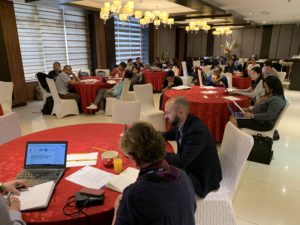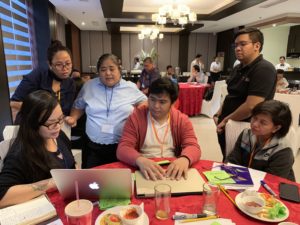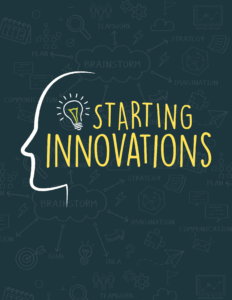Natural disasters cannot be prevented. What we can do to save lives and minimize damage is to adapt and build resilience against them. With the advent of technology, distances have reduced; we are able to access information about any place in the world from almost anywhere in the world. This makes it possible for us to find solution to a problem that has been addressed elsewhere. However, to build resilience against natural disasters in a community, or a country, or a region, replication of solution hardly works. ADRRN Tokyo Innovation Hub (ATIH) strongly believes innovations for Disaster Risk Reduction (DRR) need to be born and nurtured locally. What works for one particular area, or community, is known best by the members of that community. Hence the best and the most appropriate solutions are also likely to come from that particular area or community.


To convert this thought into action, ATIH has started to facilitate initiatives that promote localized innovation. With support from Elrha Humanitarian Innovation Fun (HIF), ATIH has been collaborating with Center for Disaster Preparedness (CDP) of The Philippines to select and mentor eight groups of enthusiasts, who came up with eight innovative ideas that would contribute to build resilience against a big earthquake feared to hit Metro Manila anytime in the next 50 years. After several months of base research, concept formulation, and two very lively workshops held in November 2018 and February 2019, seven groups have prepared their proposals and recommendations. Their journeys, from the identification of the problem to how they worked hard to find the innovative solutions, have all been documented beautifully in a publication called “Starting Innovations”. The publication was sponsored by Philippines Preparedness Partnership (PHILPREP), and can be viewed and downloaded from Here.

It is worth mentioning here that out of the seven proposals presented in the publication, three have recently been shortlisted for a 30,000 GBP grant for further development. In April 2020, one or two from the three shortlisted proposals will be selected for a 50,000 GBP grant, which will cover the implementation of these proposals over the year next.